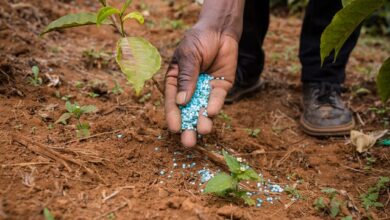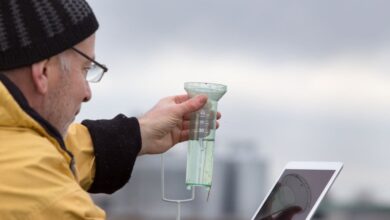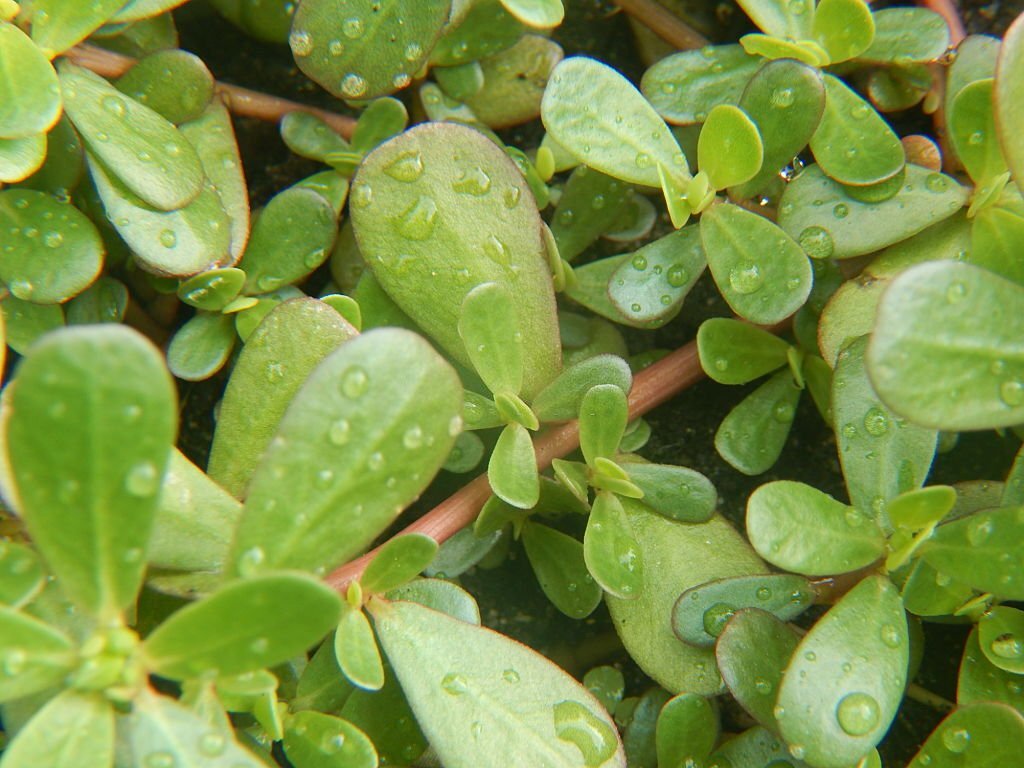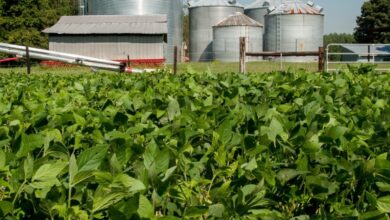Unlocking Agricultural Efficiency: Implementing Advanced Irrigation Systems
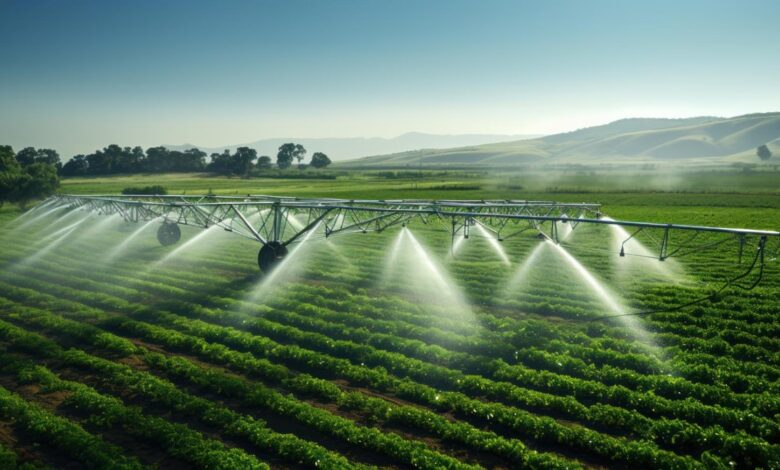
Last updated on June 24th, 2024 at 10:51 am
In the realm of modern agriculture, the quest for efficiency and sustainability has become paramount. One crucial aspect of this endeavor is optimizing irrigation practices to minimize water usage while maximizing crop productivity. In this guest post, we will delve into the realm of efficient irrigation systems, exploring innovative technologies and strategies that can help farmers achieve these dual objectives. From precision irrigation techniques to smart water management solutions, we’ll uncover how advancements in irrigation technology are reshaping the landscape of agricultural productivity.
Optimizing Water Usage with Precision Irrigation Systems
Precision irrigation represents a paradigm shift in agricultural water management, allowing farmers to deliver water and nutrients to crops with unparalleled accuracy and efficiency. By leveraging sensor-based technologies and data analytics, precision irrigation systems enable farmers to tailor irrigation schedules and application rates based on real-time environmental conditions and crop needs. This targeted approach not only conserves water by minimizing wastage but also ensures optimal growing conditions, leading to improved crop yields and quality. Additionally, integrating an tamboreador industrial into the precision irrigation setup can further enhance efficiency by automating the mixing and application of fertilizers and soil amendments, streamlining the farming process and maximizing productivity.
Harnessing the Power of Smart Irrigation Controllers
Smart irrigation controllers are revolutionizing the way farmers manage their irrigation systems, offering remote monitoring and control capabilities that enhance efficiency and convenience. These advanced controllers utilize weather data, soil moisture sensors, and predictive algorithms to optimize irrigation scheduling and minimize water waste. By automatically adjusting watering schedules based on changing conditions, smart controllers help farmers adapt to fluctuating weather patterns and conserve water resources without compromising crop health.
Adopting Drip and Micro-Irrigation Technologies
Drip and micro-irrigation systems are highly efficient methods of delivering water directly to the root zone of crops, minimizing evaporation and runoff losses associated with traditional irrigation methods. These systems consist of a network of tubing or emitters that deliver precise amounts of water to individual plants, ensuring optimal moisture levels while minimizing water wastage. Drip and micro-irrigation technologies are particularly well-suited for water-sensitive crops and arid regions where water scarcity is a pressing concern.
Exploring Sustainable Water Sourcing Solutions
In addition to optimizing irrigation practices, sustainable water sourcing plays a critical role in reducing agricultural water consumption. Farmers are increasingly turning to alternative water sources such as rainwater harvesting, greywater recycling, and on-farm water storage to supplement traditional water supplies. These decentralized water management strategies not only reduce reliance on finite freshwater resources but also provide resilience against drought and water scarcity.
Maximizing Efficiency with Soil Moisture Monitoring
Soil moisture monitoring is another key component of efficient irrigation systems, allowing farmers to precisely gauge the moisture levels in their fields and adjust watering schedules accordingly. By deploying soil moisture sensors throughout their fields, farmers can obtain real-time data on soil moisture content, enabling them to optimize irrigation timing and duration. This proactive approach helps prevent overwatering and underwatering, leading to more efficient water usage and healthier crop growth.
Implementing Water-Efficient Crop Selection and Rotation
Choosing water-efficient crop varieties and implementing strategic crop rotation practices can also contribute to overall water savings in agriculture. Some crops have lower water requirements than others, making them better suited for regions with limited water availability. By diversifying crop rotations and selecting drought-tolerant varieties, farmers can minimize water usage while maintaining a productive agricultural system. Additionally, incorporating cover crops into rotations can help improve soil health and water retention, further enhancing overall water efficiency.
Leveraging Remote Sensing Technologies for Precision Agriculture
Remote sensing technologies, such as satellite imagery and unmanned aerial vehicles (UAVs), offer valuable insights into crop health, soil moisture levels, and water stress conditions across large agricultural landscapes. By analyzing these data sources, farmers can identify areas of the field that may require additional irrigation or soil amendments, allowing for targeted interventions that optimize water usage and maximize crop yields. Remote sensing also enables farmers to detect irrigation system inefficiencies, such as leaks or blockages, minimizing water losses and ensuring optimal system performance.
Investing in Water-Efficient Irrigation Systems Infrastructure
Upgrading to water-efficient irrigation infrastructure, such as low-pressure drip irrigation systems or center pivot sprinklers with precision technology, can significantly reduce water losses and improve irrigation efficiency. These modern irrigation systems deliver water directly to the root zone of crops with minimal evaporation and runoff, maximizing water use efficiency and minimizing water wastage. While the initial investment in such infrastructure may be higher, the long-term water savings and increased crop yields make it a cost-effective and sustainable solution for farmers. Additionally, integrating a máquina de corte a laser into the irrigation setup can further optimize efficiency by precisely trimming and maintaining vegetation along irrigation lines, ensuring unobstructed water flow and maximizing the effectiveness of the system.
Conclusion
Efficient irrigation systems are essential for sustainable agriculture, allowing farmers to optimize water usage and maximize crop productivity in the face of growing water scarcity and environmental challenges. By adopting a holistic approach that integrates precision irrigation techniques, advanced monitoring technologies, and strategic water management practices, farmers can achieve significant water savings while ensuring the long-term viability of their operations. As we look to the future, the continued advancement and adoption of efficient irrigation systems will be crucial in building a resilient and sustainable agricultural sector that can thrive in a changing climate and evolving global landscape.
Check out more information here at our English Blog

